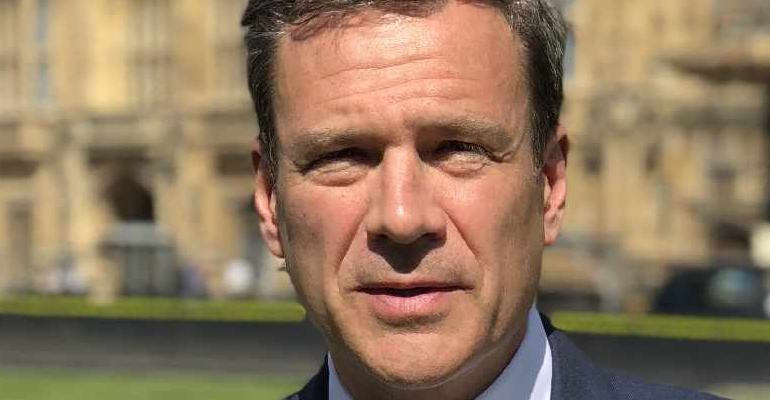
The Island's MP is urging Islanders to comment on the Island Plan - which sets out what housing will be built and where on the Isle of Wight over the next 15 years
As previously reported by Isle of Wight Radio, the Island Planning Strategy (IPS) sets out what is expected across the Island, with a revised housing target of 486 homes built each year on the Island.
Mr Seely said that the Island Plan is a critical document for the Island and its collective leadership. He is concerned the Council has not sought exceptional circumstances in housing need from the Government as previously indicated.
He said:
“I welcome the Island Plan and pay tribute to the Council for the work they have done on this. It is now vital we have a local plan in place to prevent speculative development and to take control of the Island’s planning agenda.
"However, we need to challenge the Government's assessment of housing need in the Island Plan, and we need to do so on principle. I will be urging the Council to seek exceptional circumstances in housing need from the Government. We need well-designed housing built in existing settlements for Islanders. For the first time in a generation, we need to be looking after Islanders and building for them.”
In the new plan, a majority of sites are on brownfield land, the housing target is approximately 25 per cent lower than before, sites away from settlements and garden villages have been removed, and there is a clearer mix of affordable homes.
The new plan could see 7,290 homes built on the Island in the next 15 years.
Mr Seely explained that the current target was based on the rate of past development on the Island over the last 20 years, 457 homes per year, and that instead, the Council should seek a more sustainable future.
He has said that the Council should aim for a target on or below what it currently, on average, builds – between 300 and 350 homes a year, but that almost all of them should be social and community homes for Islanders. He has called for the Councill to work with housing and community associations to bring forward plans to significantly increase social housing on the Island.
He added that the new targets still could not be fulfilled and that this could put the Island at risk of failing the housing delivery test. Should this happen, he said, it would undermine the Council’s ability to prevent speculative developments on greenfield sites.
He added:
"Our housing target still places unrealistic demands on the Island and is setting us up for failure. The target is higher than past delivery in any year since 2010, 33 percent higher than average delivery in the last 10 years and 6 percent higher than average delivery in the last 20 years. We need a more sustainable future than our past."
He pointed out that although the Island has the highest residential rate of approval in the South East, no more than 420 homes had been delivered in any year since 2010, and that in the last five years, just 6 percent of homes built were affordable and a majority of homes were built on greenfield sites. He said independent research has found that all the growth in household numbers is in the over 65 age group and population growth on the Island is driven entirely by migration.
“We need to seek exceptional circumstances from Government and build for Island need. This has been recommended to me by senior ministers, and we have very strong grounds politically and technically to do this."
He also said the new plan needed to stress the importance of local design and protecting the Island’s landscape. “We need to build beautiful, in a recognised Island style. Ugly development has got to stop.”
Mr Seely has continued to press for Island-wide designated landscape status and is writing to Natural England to explain the options for the Island to become an 'Island Park', to protect its landscape, tourism economy and quality of life.


 Royal Duke To Visit As Newport Minster Reopens
Royal Duke To Visit As Newport Minster Reopens
 Isle Of Wight Council To Support 'No Mow May' 2024
Isle Of Wight Council To Support 'No Mow May' 2024
 English Coastal Path Complication Amid Osborne House Queen Victoria Collection Fears
English Coastal Path Complication Amid Osborne House Queen Victoria Collection Fears
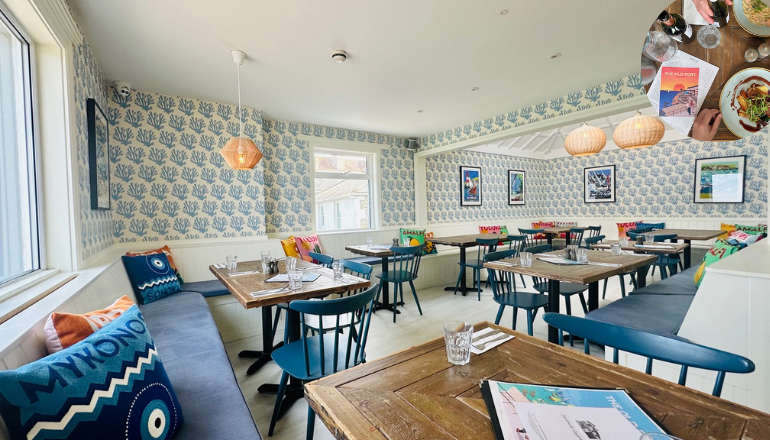 Seaview Pub Picks Up National Award
Seaview Pub Picks Up National Award
 Isle Of Wight Radio Child Of Wight Awards 2024 Nominations Now Open
Isle Of Wight Radio Child Of Wight Awards 2024 Nominations Now Open
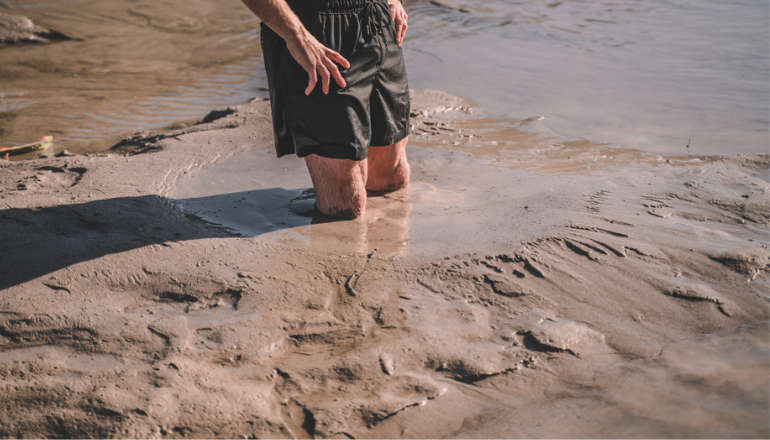 Fire Service Issues Water Safety And Mud Rescue Advice For Isle Of Wight
Fire Service Issues Water Safety And Mud Rescue Advice For Isle Of Wight
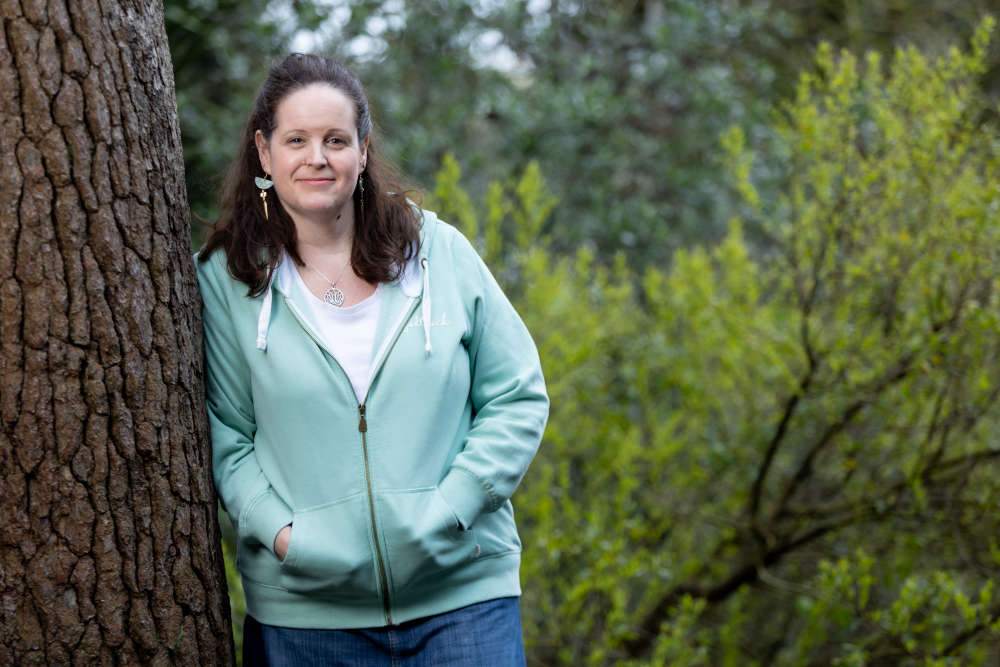 New Online Cancer Support For Local Residents
New Online Cancer Support For Local Residents
 Specialist Monitoring Equipment Now Installed At Leeson Road
Specialist Monitoring Equipment Now Installed At Leeson Road
 West Wight Runner Jackie Follows PB Marathon Run With Eastenders Appearance
West Wight Runner Jackie Follows PB Marathon Run With Eastenders Appearance
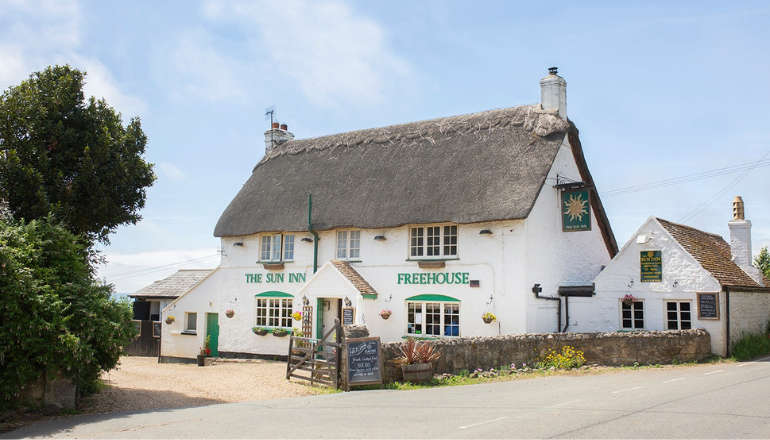 West Wight Pub Can Now Be Listed As 'Asset Of Community Value'
West Wight Pub Can Now Be Listed As 'Asset Of Community Value'
 Royal Navy 'Bomb Squad' Called To Seaview Following Ordnance Alert
Royal Navy 'Bomb Squad' Called To Seaview Following Ordnance Alert
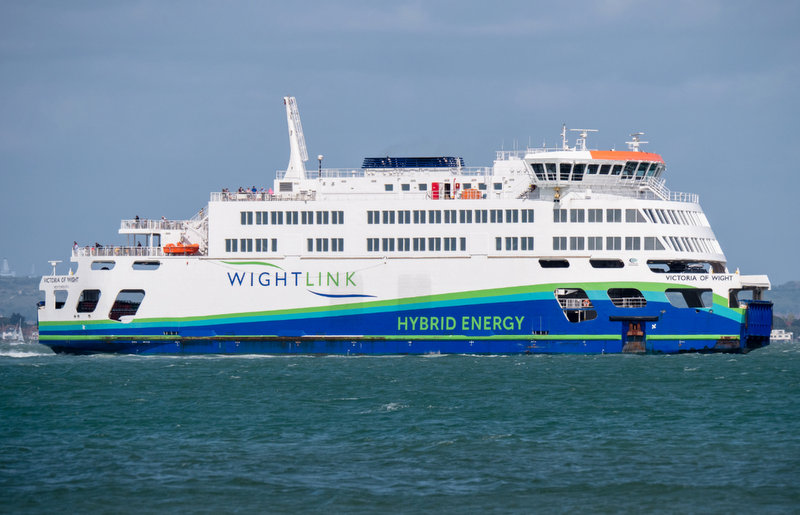 Automated Gates Arrive On Wightlink’s FastCat Foot Passenger Route
Automated Gates Arrive On Wightlink’s FastCat Foot Passenger Route
 Help Keep Isle Of Wight Streets Neat – Bring Your Bin In
Help Keep Isle Of Wight Streets Neat – Bring Your Bin In
 Two Passengers Injured Following Bus Crash In Ryde
Two Passengers Injured Following Bus Crash In Ryde
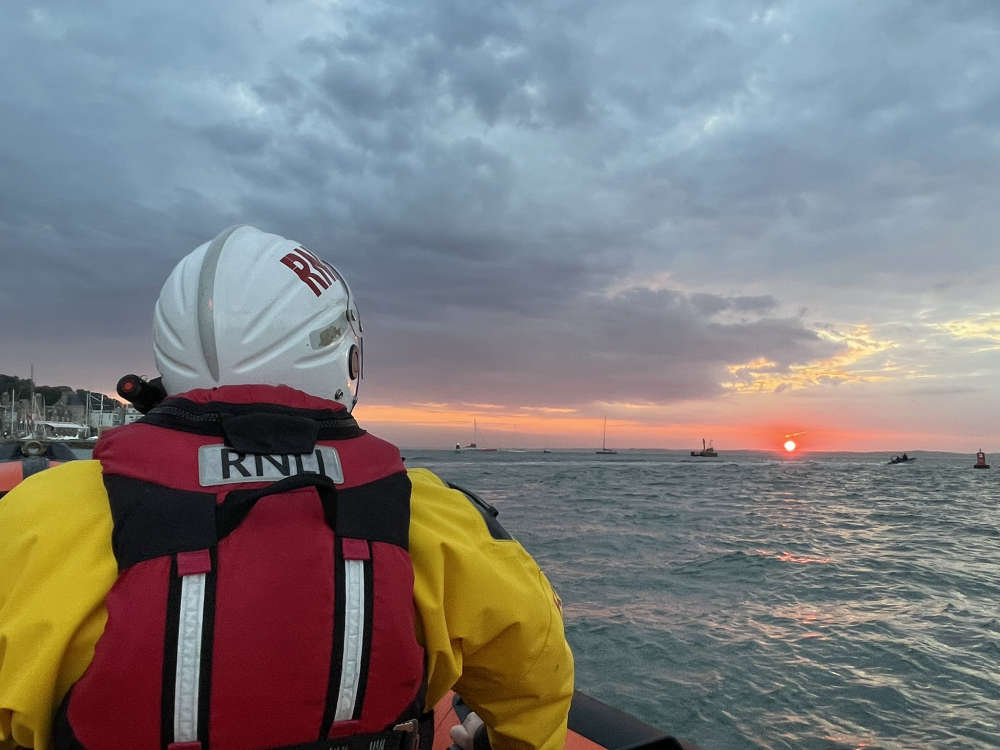 Late Night Reports Of Collision Spark Extensive Land, Sea And Air Search
Late Night Reports Of Collision Spark Extensive Land, Sea And Air Search
 Islanders Taking On London Marathon Today For Local Charities
Islanders Taking On London Marathon Today For Local Charities
 Four Men Arrested Following Rogue Trader Activities In East Cowes
Four Men Arrested Following Rogue Trader Activities In East Cowes
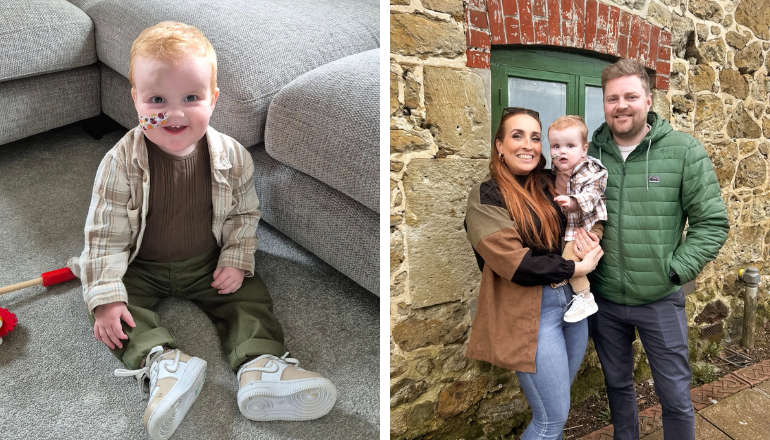 Rugby Players Set To Scale Great Heights For Teddy
Rugby Players Set To Scale Great Heights For Teddy
 Drug Driving, Domestic Abuse And Stalking Among Arrests Made As Police Target Isle Of Wight Criminals
Drug Driving, Domestic Abuse And Stalking Among Arrests Made As Police Target Isle Of Wight Criminals
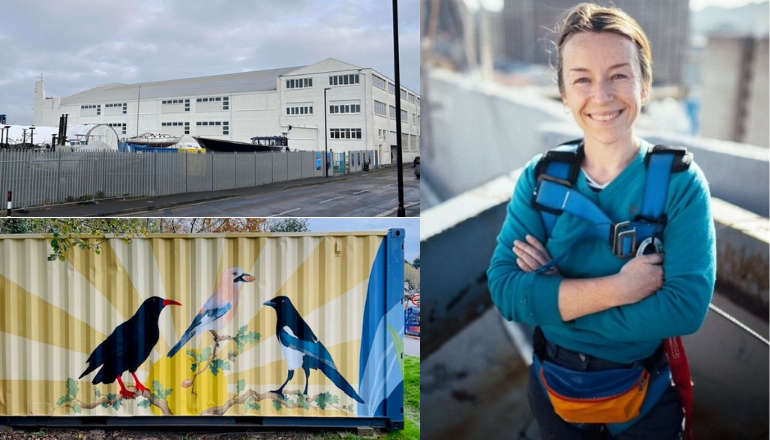 Work Begins On ‘Monumental’ Mural Project At Historic Columbine Building
Work Begins On ‘Monumental’ Mural Project At Historic Columbine Building


